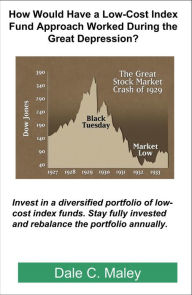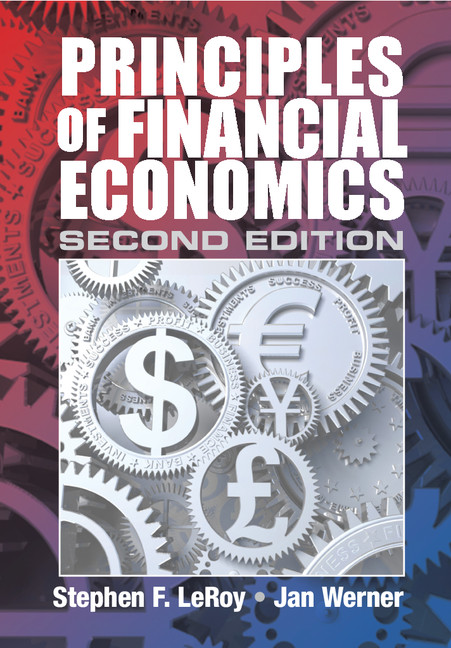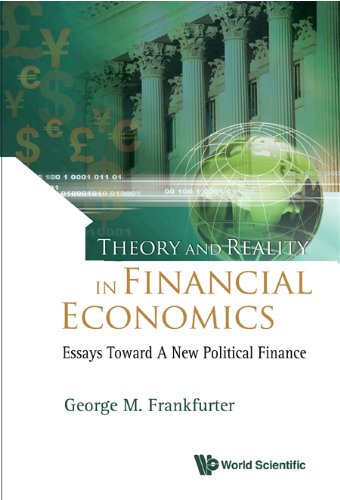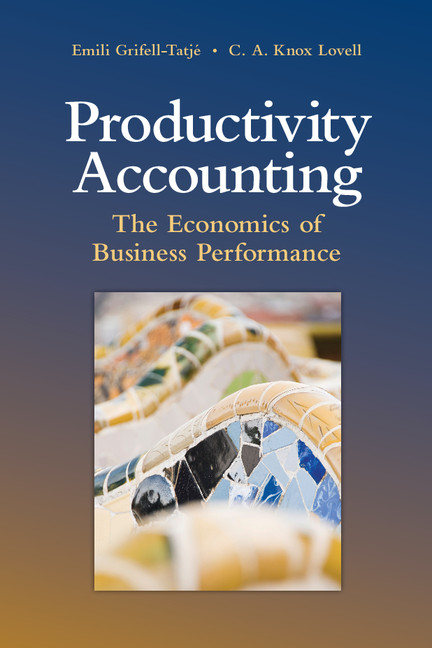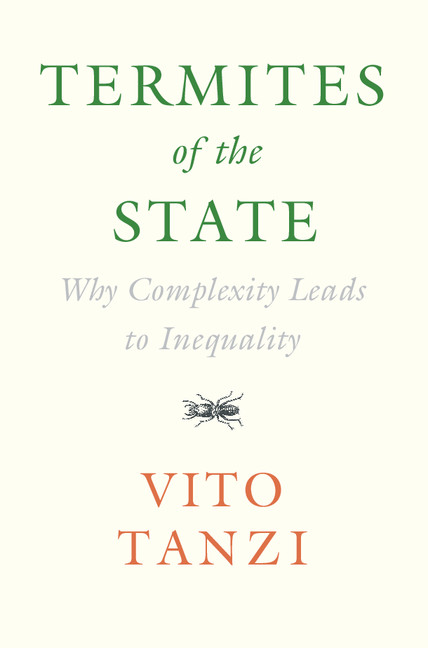Economics for Executives : Principles, Practices & Strategies
by J. Ronnie Davis
2020-07-23 10:09:00
Economics for Executives : Principles, Practices & Strategies
by J. Ronnie Davis
2020-07-23 10:09:00
Often, economics is regarded as a collection of notional theories distanced far from the real world. Yet, economists maintain that theories are the foundation for predictions about what to expect in the real world. The disconnection seems particularl...
Read more
Often, economics is regarded as a collection of notional theories distanced far from the real world. Yet, economists maintain that theories are the foundation for predictions about what to expect in the real world. The disconnection seems particularly strong among undergraduate students immediately after taking principles of microeconomics and principles of macroeconomics. As freshman and sophomore students with no experience with the real world, they simply do not comprehend how economics can possibly be used. Later as seniors who major in business, they might have rare glimpses of economics as useful in making business decisions and crafting business strategies. After graduation and amidst their experience with business practice, they might finally see that economic principles underlie business analysis, business decisions, and business strategies.Frequently, business analysis is reductionism of complex matters into simple constituents that are studied through the lens of economic principles. In the same way, business decisions are practical applications of economic principles, and business strategies are informed by economic principles. Accordingly, managerial economics is essentially economics applied by managers, directors, and executives in their roles as decision makers and strategists. Accordingly, the focus of managerial economics should be on what managers, directors, and executives need to know and will use in business practice. Circumscribing managerial economics in this way, a lot of economics is not applied in business practice and can be left outside the limits of need to know. However, a lot of economics lies within the boundaries of use in business practice and need to know. Economics for managers, directors, and executives is centered on bringing economic principles to bear on business practices and business strategies.Of course, decisions are made and strategies are crafted within an organization, perhaps a business firm, nonprofit organization, or government agency. Regardless, organizations face countless problems requiring decisions or strategies to accomplish some mission or to achieve some objective subject to constraints, competitive or otherwise. Certain economic principles guide and lead to decisions and strategies that minimize exposure to adverse effects on organizational performance or that maximize favorable effects on organizational performance. Principles, practices, and strategies have purpose in their application to solving problems, minimizing threats, and realizing opportunities. Economics for Executives has purposeful intent. It is meant to develop comprehension of and comfort in application of economics actually used in business practice. Moreover, it is meant to address the economics that managers, directors, and executives really need to know for meaningful careers in business.Of course, this intent leaves out theories, abstractions, concepts, and constructs that might have significance and importance in other contexts such as public policy but not for business practice.
Less






